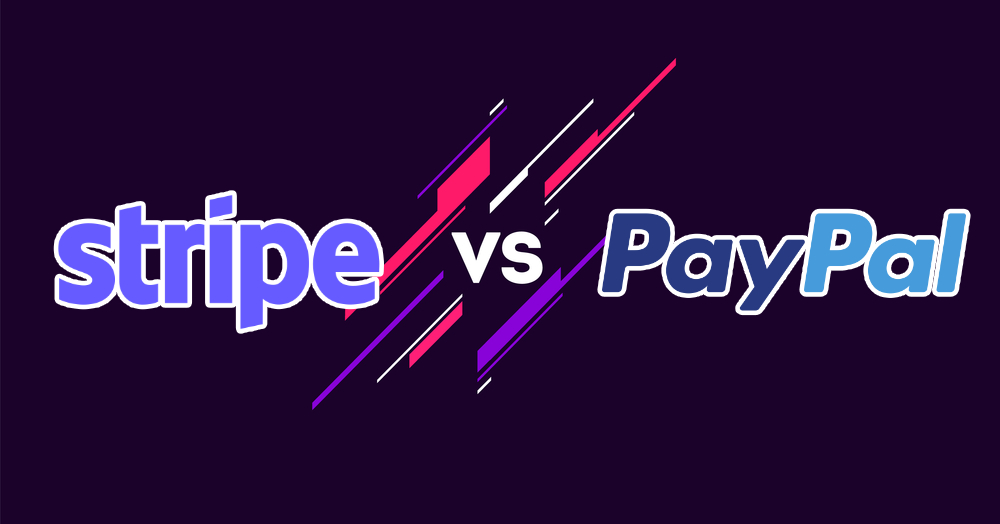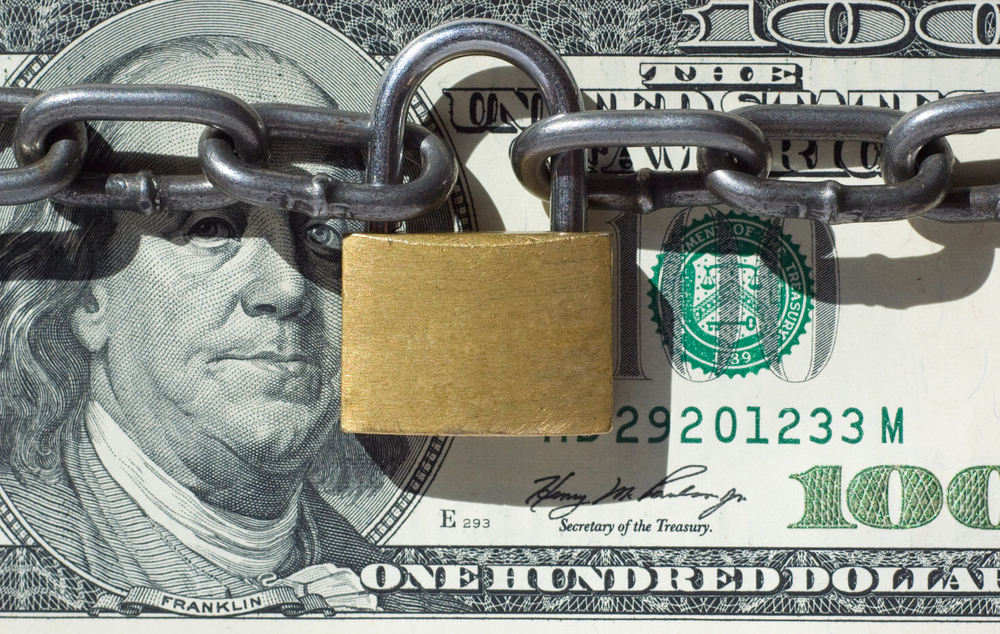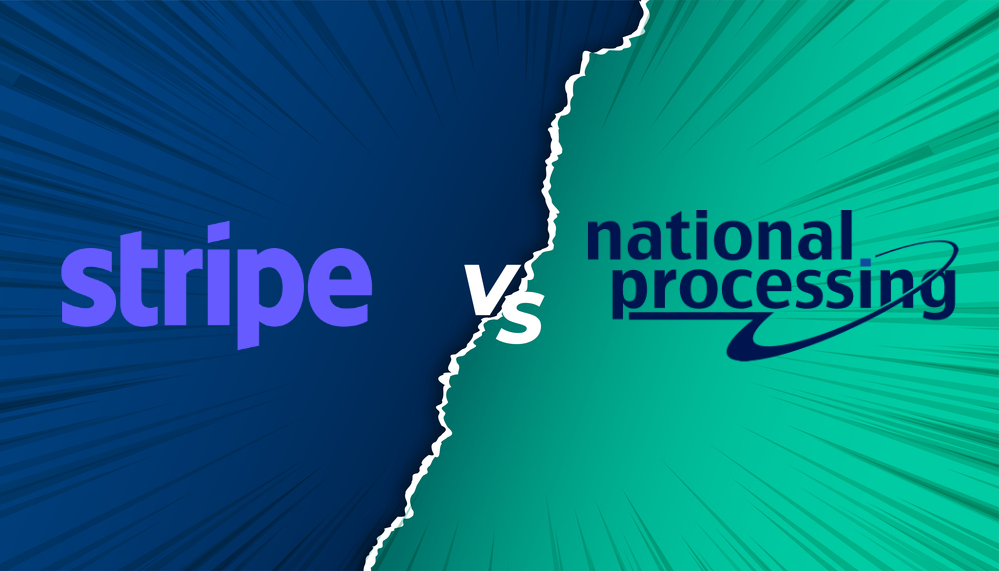
Is your business type restricted from using Stripe?
Jun 6, 2024 4 minute read
Stripe Restricted Businesses – Are You on the List?
Stripe maintains a list of business categories that they are unable to serve due to various legal, regulatory, and risk-related reasons. Stripe is a payment aggregator, so the company is unable or unwilling to support certain business models.
For current and potential Stripe users, the information here ensures compliance and avoids disruptions in your ability to accept payments. Let’s dive in and explore Stripe’s restricted businesses policy in more detail.
Connect with a Processor That Backs Your Business
Why Stripe Restricts Certain Businesses
Stripe is committed to maintaining a safe, trustworthy, and compliant platform for both businesses and their customers. To achieve this, they must carefully manage financial risk and protect the integrity of their services. Restricting certain types of businesses is one way Stripe upholds these standards.
By prohibiting businesses that engage in illegal, deceptive, or harmful practices, Stripe shields itself and its users from potential legal and financial repercussions. This proactive approach helps maintain the stability and reliability of the platform.
Complying with Legal and Regulatory Requirements
As a global payment processor, Stripe must comply with a complex web of laws and regulations that vary by jurisdiction. These rules often prohibit or restrict certain types of businesses from using payment processing services.
By adhering to these legal and regulatory requirements, Stripe avoids potential fines, penalties, and legal action that could result from facilitating transactions for prohibited businesses.
Protecting Customers from Potential Harm or Fraud
Stripe’s restricted businesses policy also serves to protect customers from potential harm or fraudulent activities. By banning businesses that engage in deceptive, unfair, or predatory practices, Stripe helps prevent unsuspecting customers from falling victim to scams or other malicious schemes.
Furthermore, by restricting businesses that sell counterfeit goods, illegal products, or products that could cause harm, Stripe demonstrates its commitment to customer safety and well-being. As well as for its own benefit. This stance enhances trust in the platform and the businesses that use Stripe for payment processing.
Categories of Restricted Businesses
Stripe’s restricted businesses policy encompasses a wide range of industries and activities. These categories are determined based on legal requirements, regulatory standards, and Stripe’s own risk assessment. Let’s explore some of the main categories and provide examples for each.
Content Creation
- Tips and gifts
- exclusive content
Stripe is not a tipping platform. Nor does it want to support sites and services like OnlyFans. This doesn’t mean you can’t sell digital content and use Stripe as your checkout. It just means you can’t put up a paywall behind access as opposed to ownership.
Financial Services and Professional Services
- Investment, brokerage (including real estate), escrow services, or funded prop trading
- Lending services or money services
- Bank account funding, crowdfunding, ATMs, P2P money transfers, or check cashing
- Payday loans
- Buy now pay later
- Insurance
- Neobanks, challenger banks, shell banks, or payable-through accounts
- Selling bearer shares
- Payment facilitation and aggregation
- Cryptocurrency and crypto exchanges
- NFTs
- igaming and online casinos
- Preloaded payment cards
Stripe restricts certain types of financial and professional services due to the heightened regulatory scrutiny and potential for fraud or abuse. This category includes businesses offering investment and credit services, such as payday loans, bail bonds, and debt collection.
Money and legal services, like money transmission, virtual currency, and court-ordered payments, are also restricted. These services often require specialized licenses and are subject to strict regulations.
Intellectual Property or Regulated Goods
- Tobacco products, e-cigarettes, and vapes
- Pharmaceuticals and pharmaceutical delivery
- Online pharmacies
- Telemedicine and telehealth
- CBD
- Alcohol
Businesses that deal with intellectual property or regulated goods face restrictions on Stripe. For example, adult content and services are subject to varying legal requirements and age restrictions across different jurisdictions.
Stripe strictly forbids the sale of counterfeit goods. It violates intellectual property rights and can lead to legal action. Online pharmacies are also restricted, as they are heavily regulated and require special licenses to operate legally.
Unfair, Predatory, or Deceptive Practices
Stripe takes a strong stance against businesses that engage in unfair, predatory, or deceptive practices. Get-rich-quick schemes, such as pyramid schemes or Ponzi schemes, are prohibited due to their fraudulent nature and the harm they can cause to participants.
Mug shot publication sites, which charge individuals to remove their arrest photos, are also restricted. Stripe considers this practice unfair and exploitative. Similarly, no-value-added services that charge excessive fees without providing meaningful benefits to customers are not allowed.
High Brand Risk
Businesses that pose a high brand risk are restricted on Stripe. This includes hate or harmful content, such as products featuring racist, sexist, or discriminatory material. Illegal activities, like the sale of stolen goods or services that facilitate illegal behavior, are strictly prohibited.
Drug paraphernalia, including equipment used to manufacture or consume illegal drugs, is also restricted. Stripe avoids association with these high-risk businesses to maintain its reputation and prevent potential legal issues.
DirectPayNet Specializes in High-Risk Businesses
Options for Restricted Businesses
If your business falls under one of Stripe’s restricted categories, you may be wondering what your options are for accepting payments. While Stripe may not be able to serve your business directly, there are alternative solutions available. Let’s explore two main options: dedicated merchant accounts and third-party payment processors.
Open a Dedicated Merchant Account
The best option for Stripe restricted businesses is to open a dedicated merchant account. This involves a more extensive underwriting process. However, suspension or account closer are rare with a dedicated merchant account.
Acquiring banks that specialize in high-risk merchant accounts are more willing to work with businesses in restricted categories.
Dedicated merchant accounts allow you to process higher-risk transactions and provides more stability for your payment processing. This is especially important for businesses with high sales volumes or those that rely heavily on credit card transactions.
Open a dedicated merchant account with DirectPayNet
Use an Alternative Third-Party Processor (Temporarily)
Another option is to use an alternative third-party payment processor, such as PayPal or Square. These platforms have their own restricted businesses policies, which may be more lenient than Stripe’s in certain categories.
It’s important to note that these processors also have limitations and may not be suitable for all restricted businesses. For example, PayPal and Square often have lower monthly sales volume thresholds than Stripe.
Additionally, these platforms may prohibit certain high-risk transactions or large ticket sizes. It’s crucial to review their services agreement and acceptable use policies carefully to ensure your business is compliant.
We recommend opening a PayPal, Square, or Stripe account as a backup solution or a temporary solution only.
Using a third-party processor can be a temporary solution while you apply for a dedicated merchant account. This allows you to continue accepting payments while you work on meeting the requirements for a more stable, long-term payment processing solution.
Process Payments Securely with DirectPayNet
Importance of Transparency and Compliance
When seeking payment processing solutions as a restricted business, it’s crucial to prioritize transparency and compliance. Be upfront about the nature of your business and adhere to the rules set forth by payment processors. You can increase your chances of finding a suitable solution and maintaining a stable payment processing relationship.
Disclose Nature of Business Openly
One of the most important steps in securing payment processing for a restricted business is to disclose the nature of your business openly and honestly. Provide detailed information about your products, services, and target market to potential payment processors.
Hiding or misrepresenting the true nature of your business can lead to account terminations, frozen funds, and difficulty finding alternative processing solutions in the future. Transparency builds trust and allows payment processors to accurately assess your business’s risk profile.
Adhere to Terms of Service and Acceptable Use Policies
Once you’ve found a payment processor that can work with your business, thoroughly review and adhere to their terms of service and acceptable use policies. These documents outline the rules and restrictions that apply to your business, including prohibited activities and transaction types.
Violating these terms can result in account suspensions, terminations, and even legal action. Regularly review these policies and ensure that your business practices remain compliant, as terms can change over time.
Implement Fraud Prevention Best Practices
To maintain a positive relationship with your payment processor and protect your business from potential losses, implement strong fraud prevention measures. This includes using tools like address verification, CVV verification, and 3D Secure authentication for online transactions.
Regularly monitor your transactions for suspicious activity and promptly report any potential fraud to your payment processor. Implementing these best practices demonstrates your commitment to maintaining a safe and compliant payment processing environment.
By prioritizing transparency, compliance, and fraud prevention, restricted businesses can navigate the challenges of finding and maintaining suitable payment processing solutions. This proactive approach helps build trust with payment processors and ensures the long-term stability of your business’s ability to accept payments.




